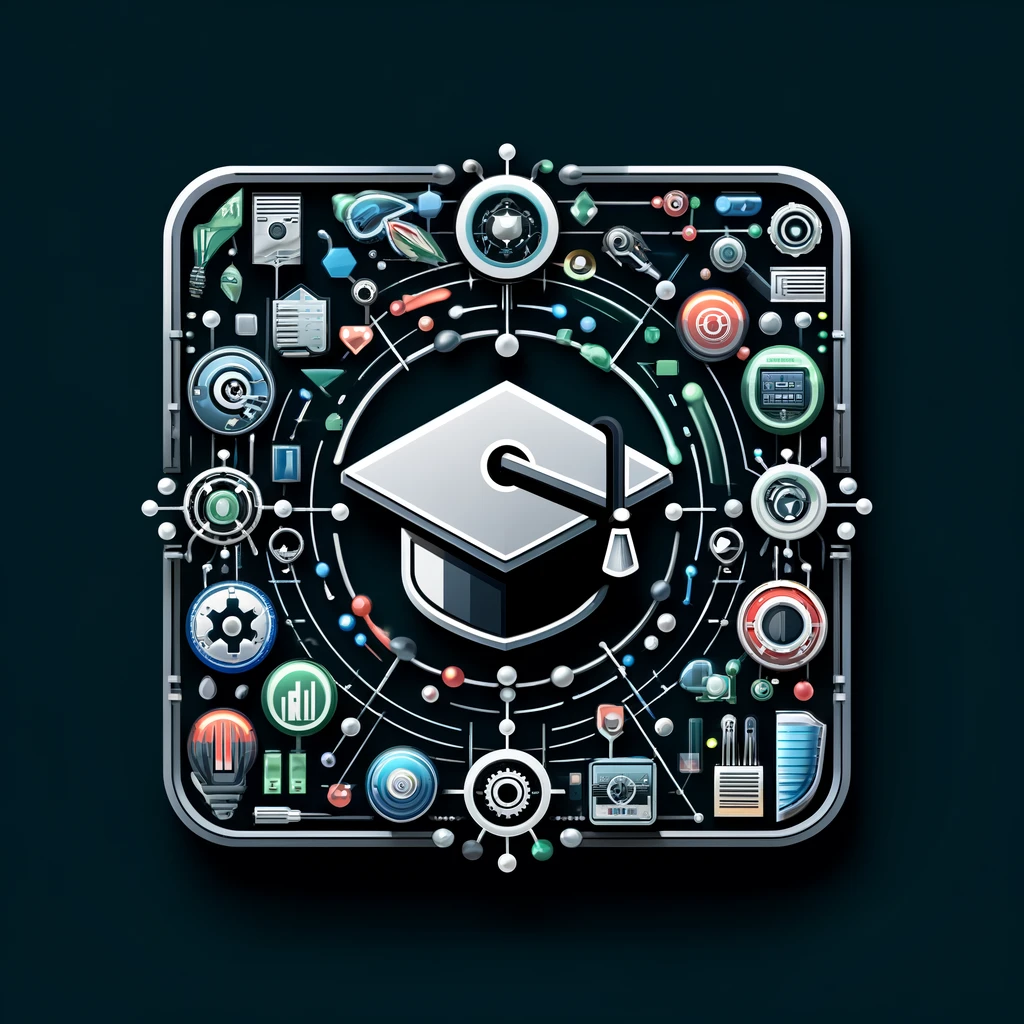In the rapidly evolving landscape of modern technology and industry, the need for a versatile and adaptive engineering workforce has never been more critical. Yet, our current educational framework, with its rigid specialization in engineering branches, is ill-equipped to meet the demands of a world where interdisciplinary knowledge and flexible skills are paramount. This article proposes a bold shift away from the traditional specialized branches of engineering education toward a more holistic, generalized engineering curriculum.
By reimagining the way we educate our engineers, focusing on core competencies such as problem-solving, applied mathematics, and digital fluency, we can better prepare them for the challenges of the future. This transformation will not only enhance the employability of graduates but also equip them with the intellectual tools necessary to innovate and adapt in diverse fields. Herein, we explore why this change is essential and how it can be implemented to forge a new generation of engineers who are truly fit for the twenty-first century.
The Outdated Model of Specialized Branches
The traditional model of specialized engineering branches, established in the mid-20th century, once served a pivotal role in shaping skilled professionals within distinct sectors of technology and infrastructure. However, in today’s rapidly advancing technological landscape, this model has grown increasingly obsolete. The rigid compartmentalization into specific branches such as civil, mechanical, or electrical engineering is now more hindrance than advantage, acting as a barrier to the holistic understanding necessary in our modern world.
Such specialization fosters a narrow view of engineering that is out of step with contemporary demands. It confines students to isolated learning paths, limiting their ability to apply knowledge across diverse scenarios. This is particularly problematic in an era where the boundaries between disciplines blur, and the most pressing challenges require interdisciplinary approaches and solutions. The specialized model restricts engineers’ adaptability and creativity—qualities that are crucial in an interconnected world where flexibility and broad perspectives are key to innovation and effective problem-solving. This outdated educational framework needs a fundamental overhaul to better prepare engineers for the complexities of today’s and tomorrow’s challenges.

A Unified Approach to Engineering Education
The essence of engineering is not confined to any single discipline; it is fundamentally about problem-solving, innovation, and the practical application of scientific principles. Recognizing this, a unified approach to engineering education is essential—a comprehensive three-year curriculum that covers the core competencies needed in every field of engineering. This holistic educational model emphasizes rigorous training in applied mathematics, digital skills, and effective communication, foundational skills that are indispensable regardless of the engineer’s eventual area of focus.
By adopting a generalist framework, we equip students with the versatile toolkit necessary to navigate and address the diverse challenges of the modern world. This method ensures that each graduate has a robust understanding of essential engineering principles, enabling them to adapt their skills to a variety of contexts and problems. More than merely preparing students for a specific career path, this approach fosters a breadth of knowledge and adaptability, ensuring that they can confidently tackle real-world issues with competence and creativity. Ultimately, a unified engineering education doesn’t just produce engineers; it cultivates innovative thinkers and problem solvers who are ready to contribute meaningfully across the spectrum of global challenges.
Practical and Adaptive Learning for a Digital Age
The proposed shift towards a general engineering degree marks a crucial evolution in the educational landscape, moving beyond mere structural changes to fundamentally transform our approach to teaching engineering. This new curriculum emphasizes practical, adaptable knowledge that is applicable in real-world scenarios, steering away from the traditional reliance on rote memorization of specialized formulas that often lack broader applicability. Instead of confining knowledge to specific branches, the program fosters a broad-based understanding of core engineering principles.
Upon mastering the foundational aspects of general engineering, students who aspire to specialize can pursue master’s degrees that are tailored to their specific interests and career goals. This subsequent specialization is built on a robust, holistic understanding of engineering fundamentals, ensuring that deeper, focused learning is well-grounded and expansive in scope.
Such educational reform is vital not only for producing skilled professionals but also for cultivating a generation of critical thinkers, innovators, and problem-solvers. These are the individuals who will address and solve the complex challenges of the 21st century. By prioritizing a foundational curriculum in general engineering, we commit to nurturing adaptability and lifelong learning—traits that are essential in our rapidly changing world. This approach ensures that our engineers are not only equipped with technical skills but are also versatile thinkers who can thrive in diverse environments.


Leave A Comment